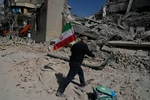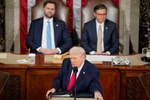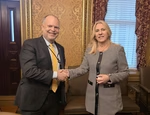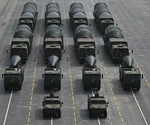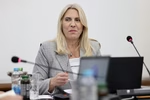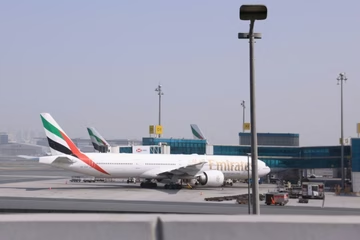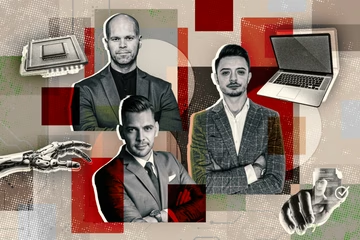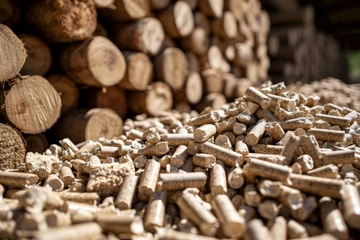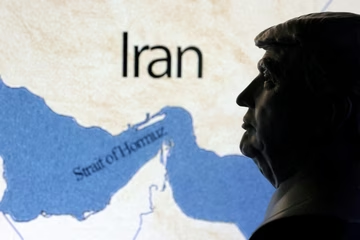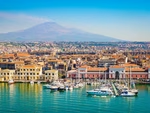Bosnian women stuck in Syrian camp begs for repatriation
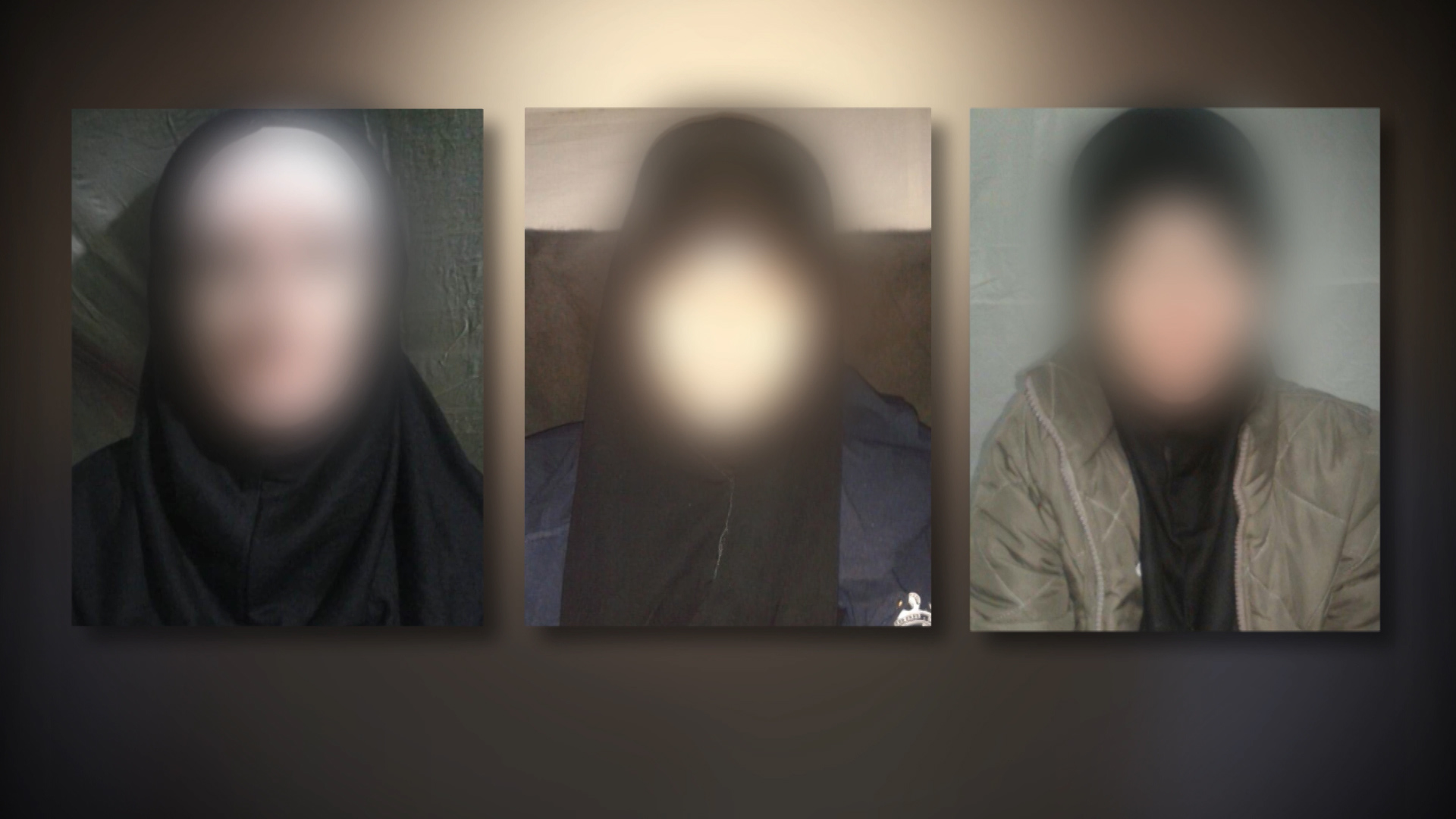
More than 90 Bosnian citizens - mostly women and children - are stuck in Kurdish camps since the collapse of the Islamic State in Syria and are requesting repatriation to Bosnia.
Oglas
Most of the men are in various prisons after having fought for the Islamic State.
In a letter written to Bosnian authorities from the camp Roi, one of the women is asking for a second chance while urging Bosnia to consider her children’s rights.
Nearly 30 Bosnians are still living in that camp.
Oglas
She addressed the Presidency, the Council of Ministers, the Ministry of Foreign Affairs, the Ministry of Interior, Bosnian officials and governmental organizations, as well as NGO’s.
“Hereby I write to you on behalf of all of us again asking why we are still imprisoned with the Kurds?” she wrote.
“I remind you that we, as citizens of Bosnia and Herzegovina, have our human rights, I remind you that our children live in tents on the ground, that our children do not know what furniture is, what a toilet is, that our children do not go to school. Who will be responsible for their children’s rights?” she asked. “Will it be us, their mothers, the Kurds who are keeping us here for nearly two years, or you who decide about our return?”
She added that “everyone makes mistakes in his life” but that everyone “also has the right to a second chance."
Oglas
"There are many reasons for why someone came to Syria, many untold stories and not understood men and women," she wrote.
A number of Bosnian citizens are also located in another camp in Syria, Al-Hol.
According to the Security Ministry, Bosnia’s capabilities “to directly help are very limited” which is why the country is cooperating with international partners.
The Ministry told N1 that finding a solution is “a big challenge even for much larger and more developed countries than Bosnia and Herzegovina.”
Oglas
“Our citizens, especially members of the families of people who are staying in the camps, need to be aware of the fact that the key to a final solution is not only in the hands of Bosnia and its institutions, but also depends on a number of factors and circumstances internationally,” it said.
Kakvo je tvoje mišljenje o ovome?
Učestvuj u diskusiji ili pročitaj komentare
Oglas
Kakvo je tvoje mišljenje o ovome?
Učestvuj u diskusiji ili pročitaj komentare
Oglas





 Srbija
Srbija
 Hrvatska
Hrvatska
 Slovenija
Slovenija








